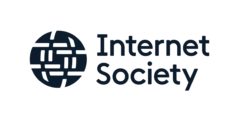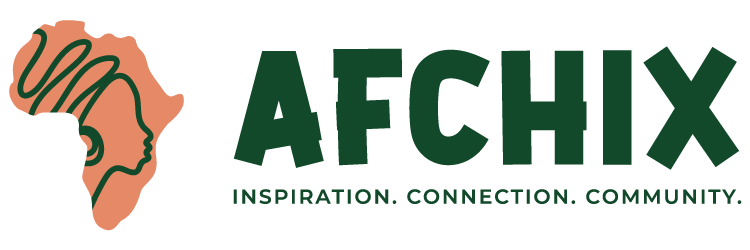By Vymala Thuron
African economies are making bold moves to speed up digitalisation and transformation. We want women to play a key part in that. In a new partnership agreement, we are committing to closing the digital gender gap and helping women embrace technology to drive change.
Africa’s growing Internet economy has the potential to contribute nearly $180 billion to the continent’s economy by 2025. According to global consultancy Accenture, the Internet economy is set to make up 5.2% of Africa’s Gross Domestic Product (GDP) by that year, compared to 4.5% in 2020.
With a boom in e-commerce during the coronavirus pandemic, there is new hope that digitalisation can drive transformation and growth. But without deliberate and coordinated efforts to address a substantial digital gender divide, African women could be locked out of participating in this growth.
Digital gender divide according to UN Women refers to “gender differences in resources and capabilities to access and effectively utilise ICTs within and between countries, regions, sectors and socioeconomic groups”. The 2020 GSMA Mobile Gender Gap Report found that 393 million women do not have a mobile phone, among which 74 million in sub-Saharan Africa.
That is why AfChix and the Internet Society renewed their partnership agreement in April this year. In the agreement, they commit to continue supporting African girls and women to access and use the Internet and its resources to support digital transformation, connect the unconnected, and drive growth in their countries.
“It is now more important than ever before to turn the vicious cycle of gender inequality and a lack of access to digital skills and technology among women into a virtuous one. If we don’t, African women will be increasingly excluded from participating in the rapidly digitising global economy, ” says Dorcas Muthoni, Founder of Afchix.
The organizations want to work together to mobilize African women to address Internet challenges and build communities of empowered internet users. “Simply ensuring that more women can gain access to the Internet is critical, but not enough. Women also need to be empowered with the necessary knowledge and skills to truly use this access to benefit themselves and their communities,” adds Muthoni.
“We believe in an open, globally connected, secure, and trustworthy Internet for everyone. It is therefore critical for us that women not only have access to the Internet but also be part of the effort to make it bigger and stronger. We believe that by working with AfCHIX, we will have the opportunity to bring more women at the heart of the development of the Internet in Africa,” says Dawit Bekele, Regional Vice President, Africa, Internet Society
ISOC and AfChix already share a long history of collaboration in Africa. At the 3rd Summit on Community Networks in Africa, ISOC collaborated with AfCHIX to host the session, Promoting Gender Inclusion for Community Networks in Africa. AfCHIX also worked with ISOC chapters to foster women inclusion and access to the internet. This has included projects to provide training to women engineers in Gambia and to provide computers and Internet connectivity to deaf students in Uganda.
“Through granting women access to the internet, equipping them with basic digital skills and inspiring them to pursue careers in the ICT sector we empower African women to tackle and overcome African challenges. The potential positive impact this can make on the social and economic development of the content is immense,” concludes Muthoni.

About Internet Society
Founded in 1992 by Internet pioneers, the Internet Society (ISOC) is a global non-profit organization working to ensure the Internet remains a force for good for everyone. Through its community of members, special interest groups, and 130+ chapters around the world, the organization defends and promotes Internet policies, standards, and protocols that keep the Internet open, globally-connected, and secure. For more information, please visit: www.internetsociety.org
#womendigitaldivide #womenintech

